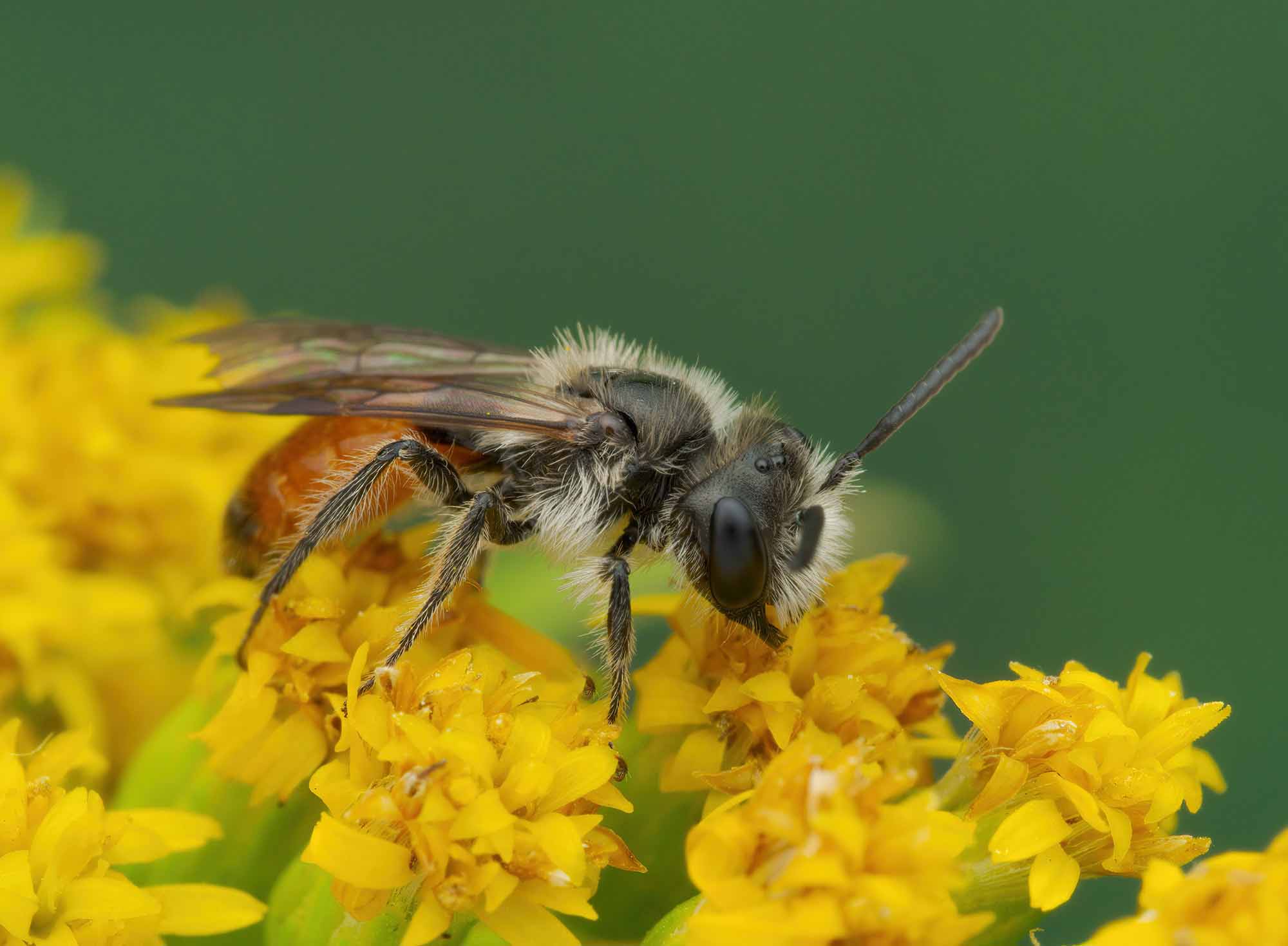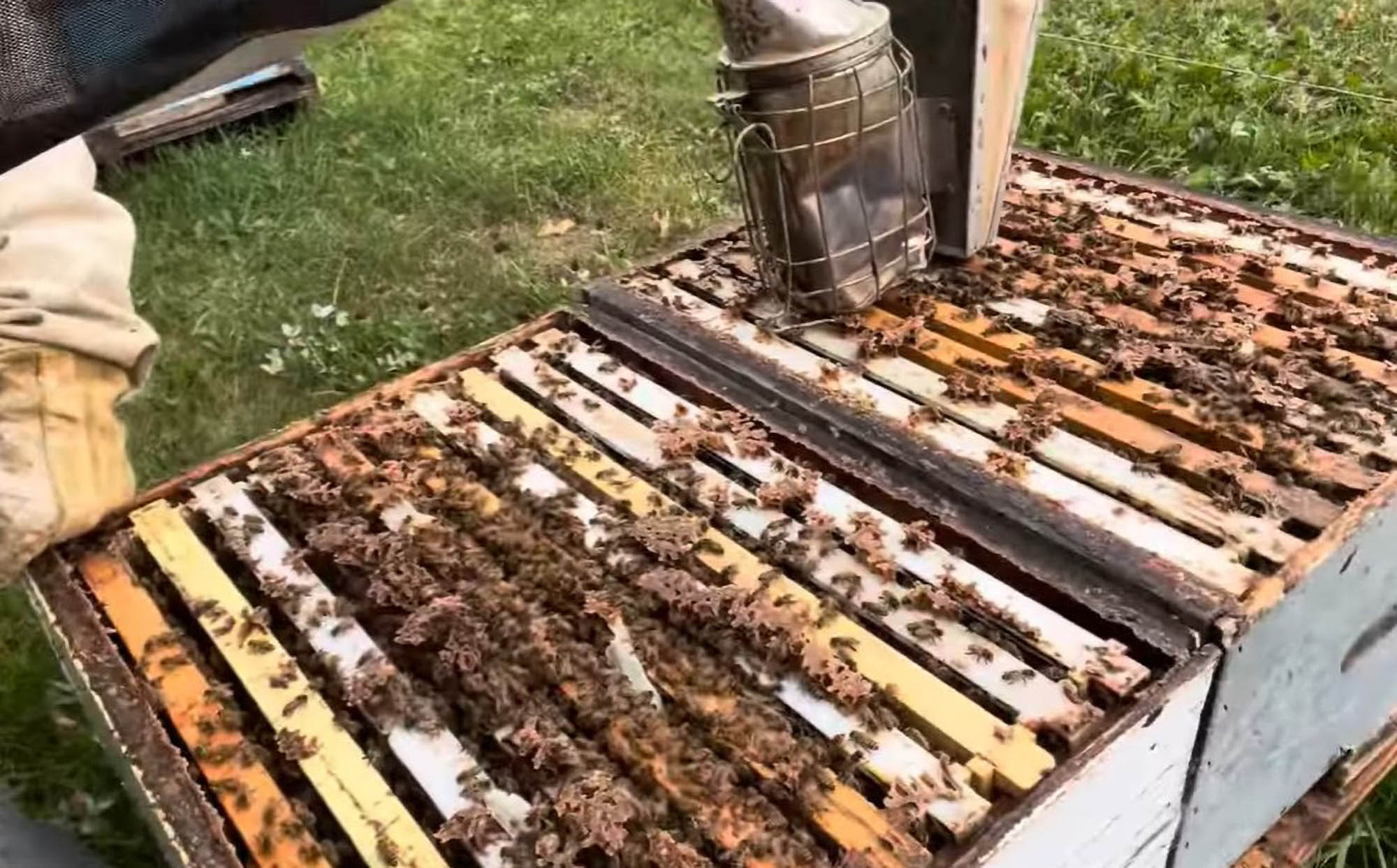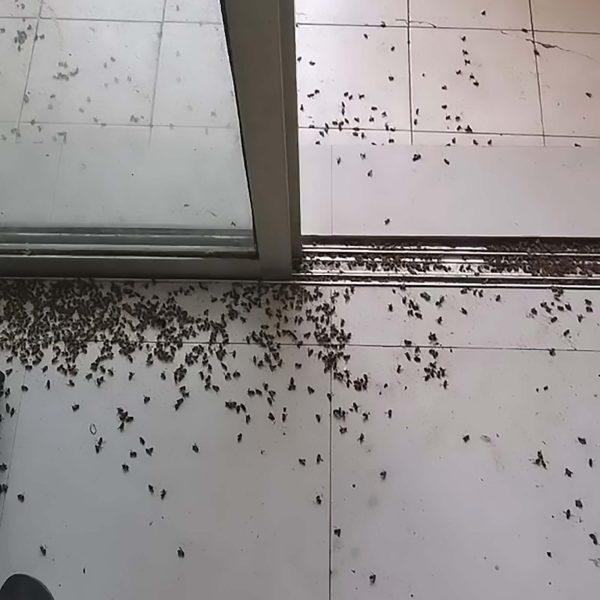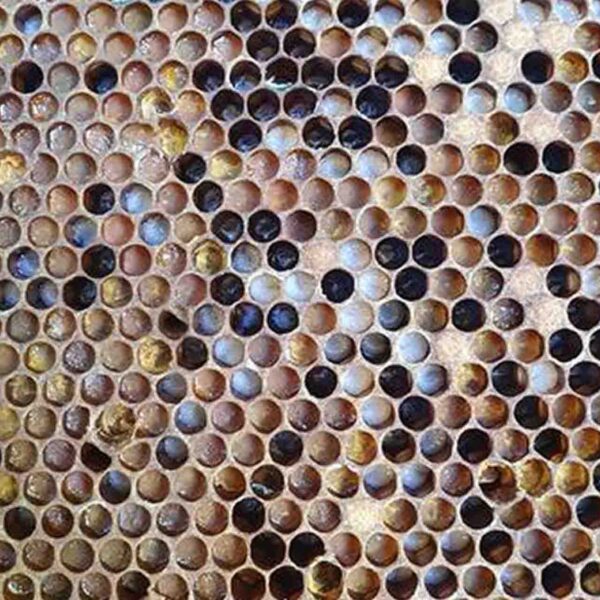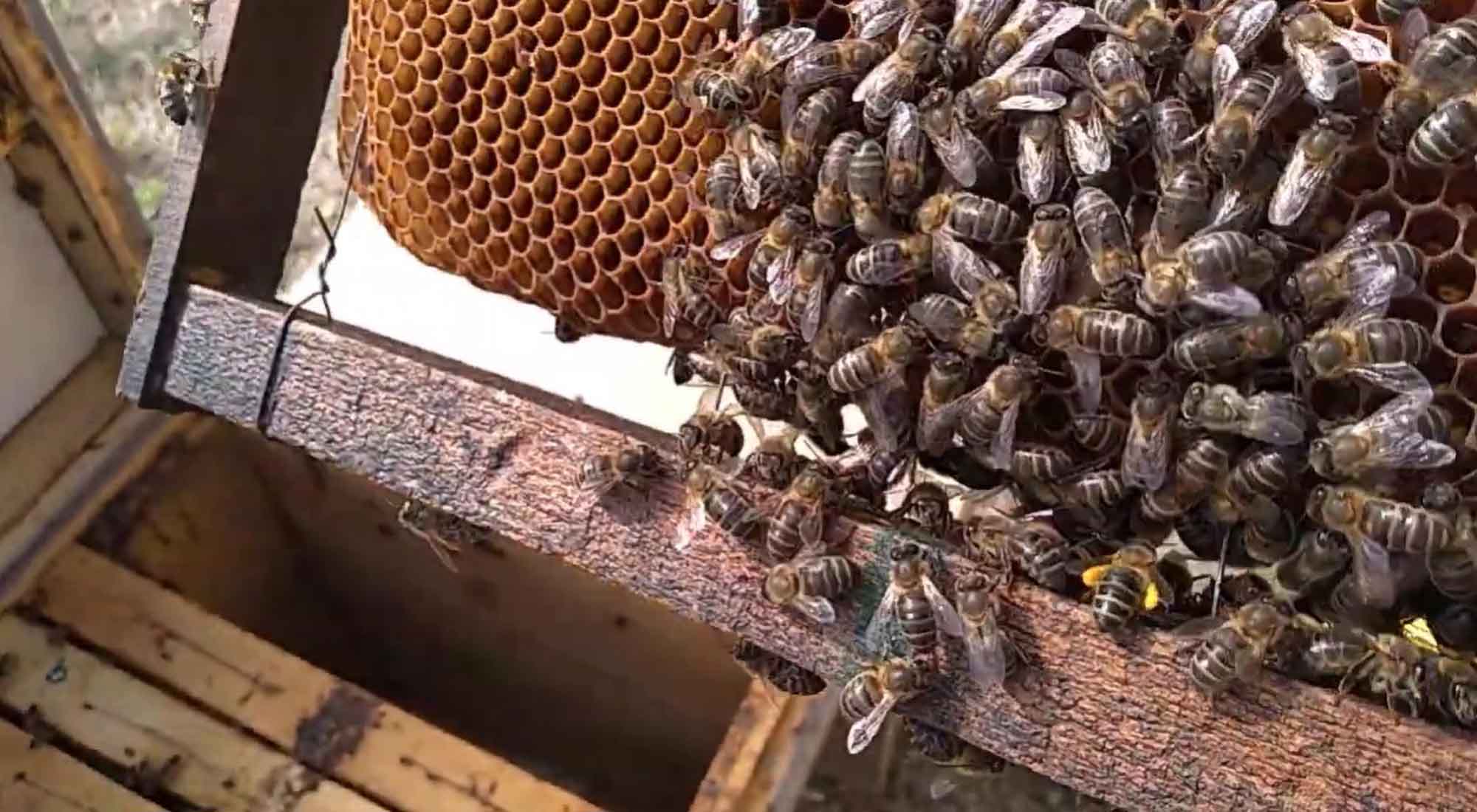Environmentalists in Austria have revealed the “sensational” discovery of a rare solitary pollinator.
Activists from NGO Naturschutzbund said biologist Karim Strohriegl photographed four individual insects belonging to the same species in the Green Belt, a reserve in southern Styria. Karim subsequently determined them as Andrena pellucens.
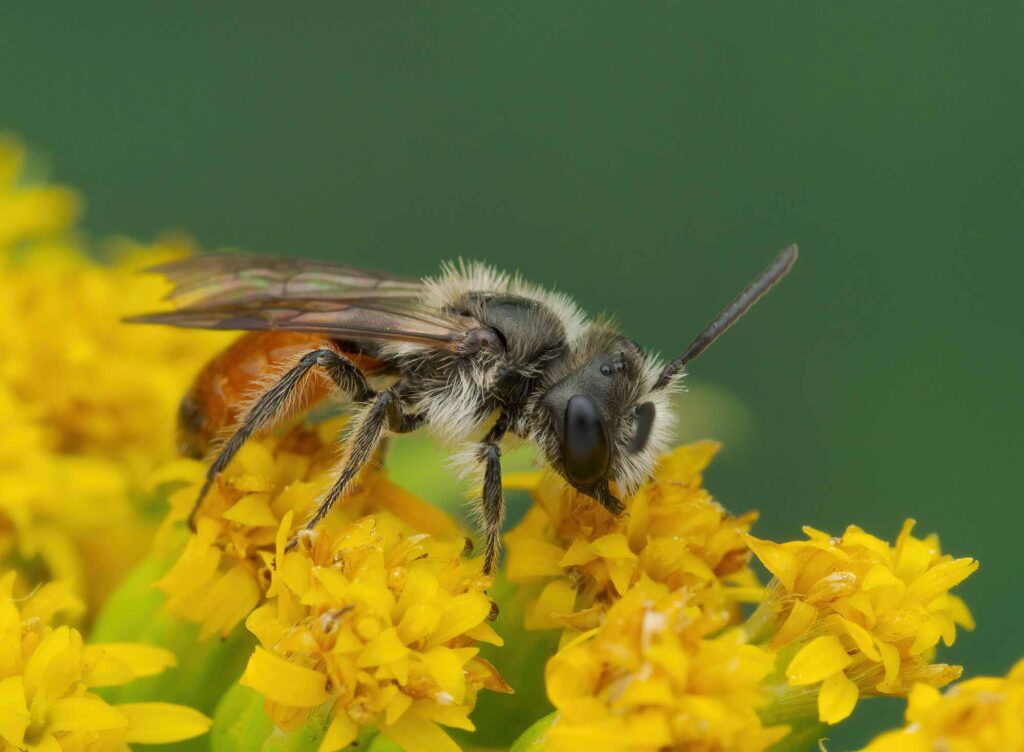
This type of bee has previously not been spotted in the Central European country. Naturschutzbund officials praised the discovery, which was made on an estate owned by the organisation, as “sensational.”
It explained: “Around 170 different types of andrena bees are known to inhabit Central Europe.”
Biodiversity experts at the Austrian Wild Bee Council called Karim’s finding “the most significant wild bee discovery of the year.”
The preferred nutrition source of Andrena pellucens bees is autumn crocus. However, the pollinators have proven to be flexible in this regard.
Experts from the Naturschutzbund said: “The newly discovered species Andrena pellucens was discovered in Switzerland in 2020. This northern Mediterranean type of bee presumably came to Austria via Slovenia.”
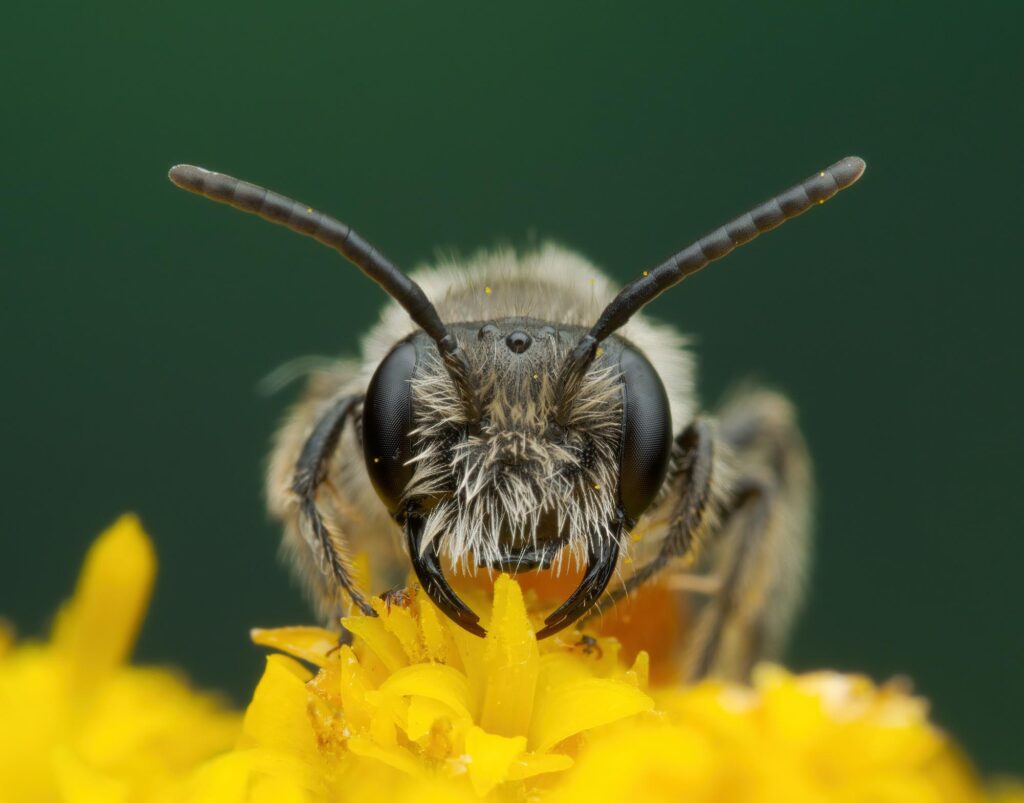
According to the organisation’s specialists, Andrena pellucens bees are active in late summer and autumn. They explained: “Like all andrena bees, they dig their nests in the soil.”
The Naturschutzbund campaigners concluded: “This very special discovery highlights the importance of conservation and protection efforts.”
Meanwhile, a renowned entomologist has called Austria a “solitary bee hotspot.”
Dr Dominique Zimmermann from the Viennese Natural History Museum (NHM) told NewsX of which the Bee News community is a part: “There are more than 700 different species.”
She emphasised: “The province of Lower Austria alone is home to more wild bees than Germany.”
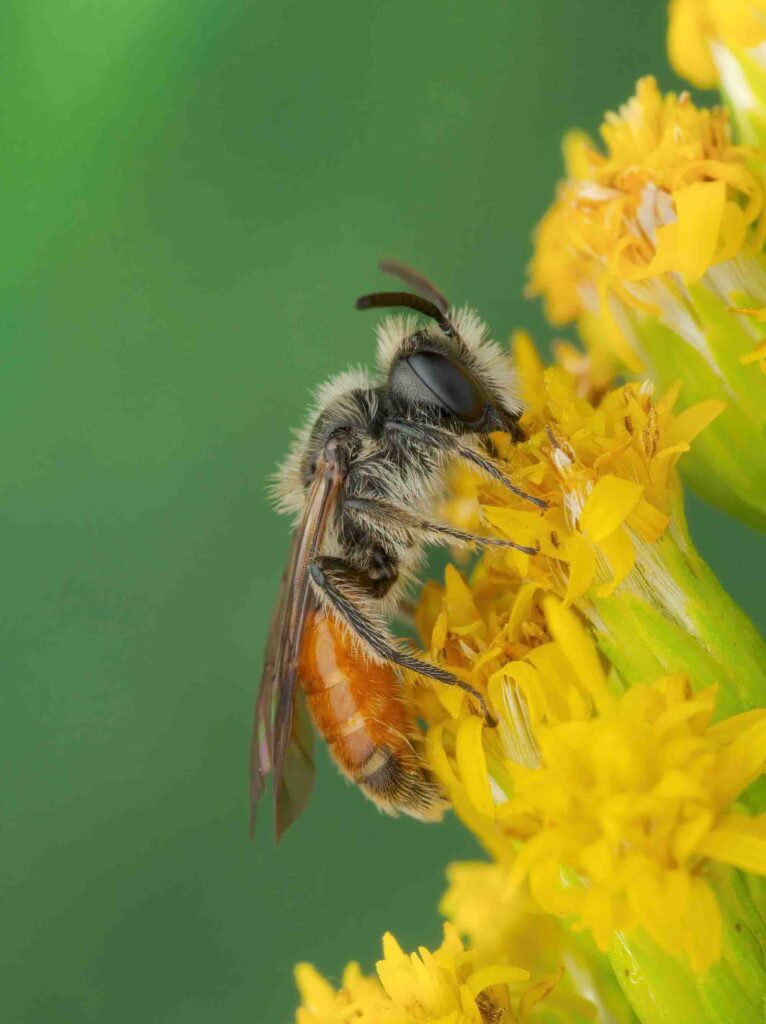
In contrast to honeybees, solitary bees do not live in colonies. They are busy pollinators and therefore an essential factor when it comes to retaining biodiversity.

